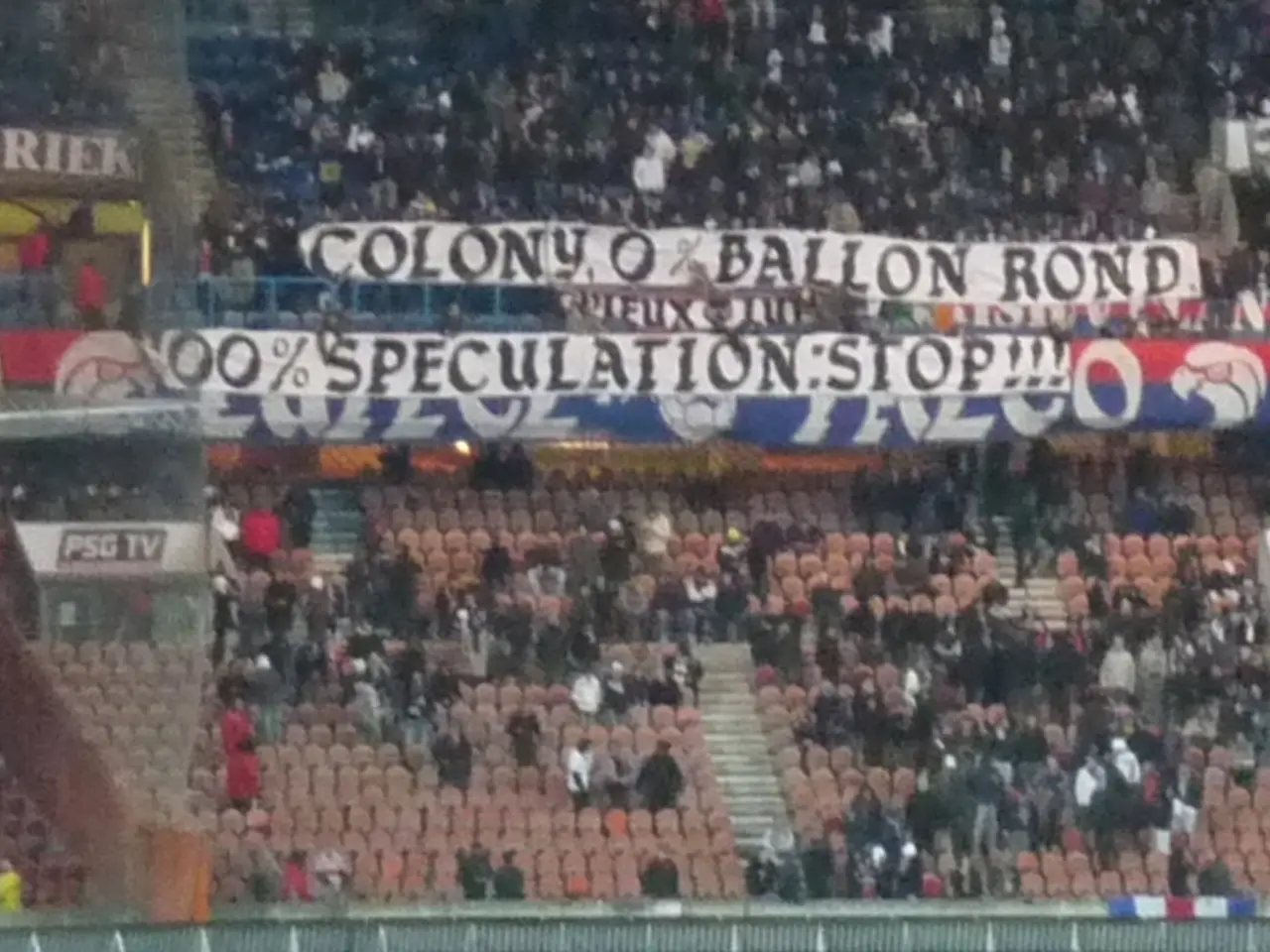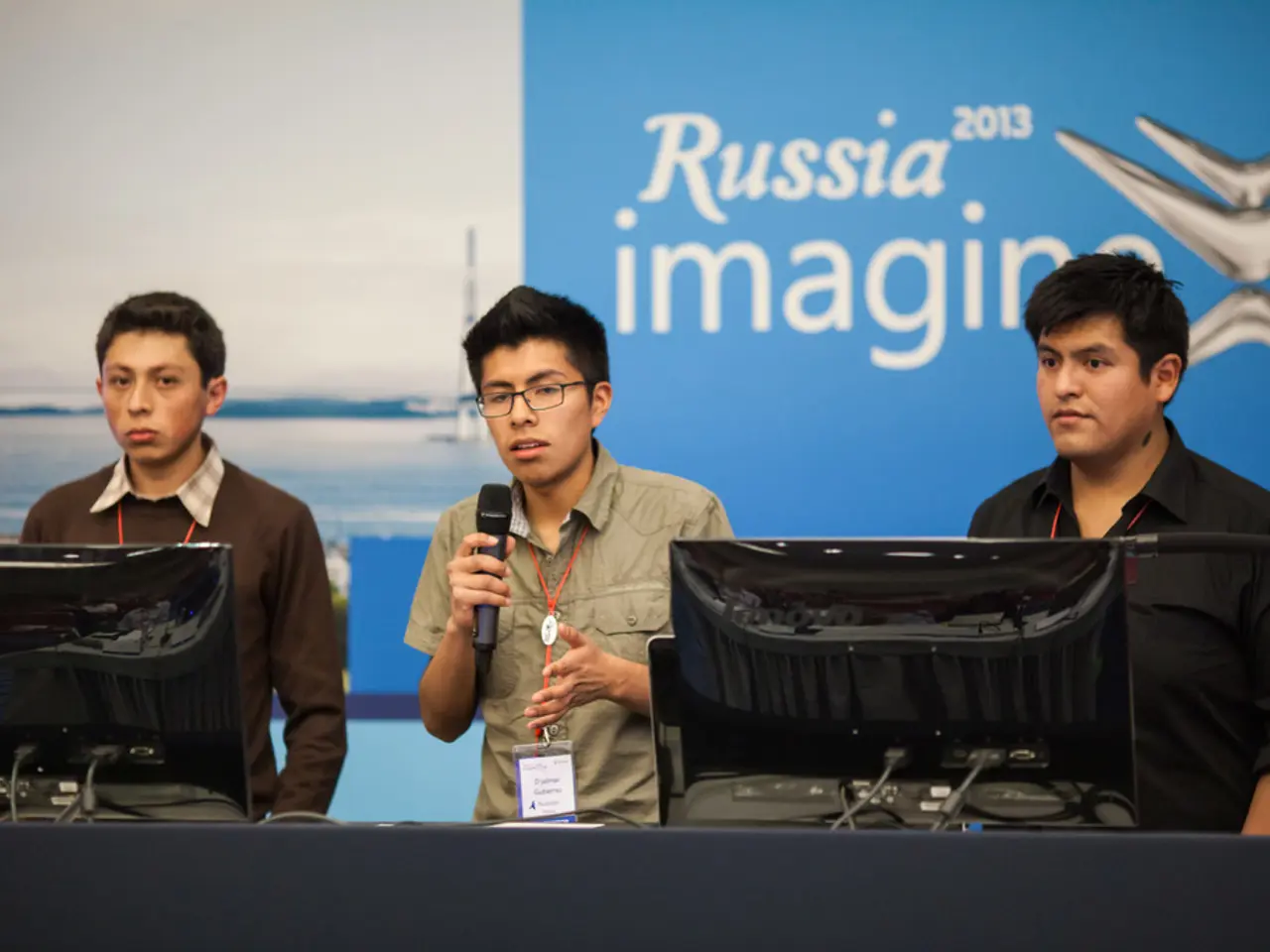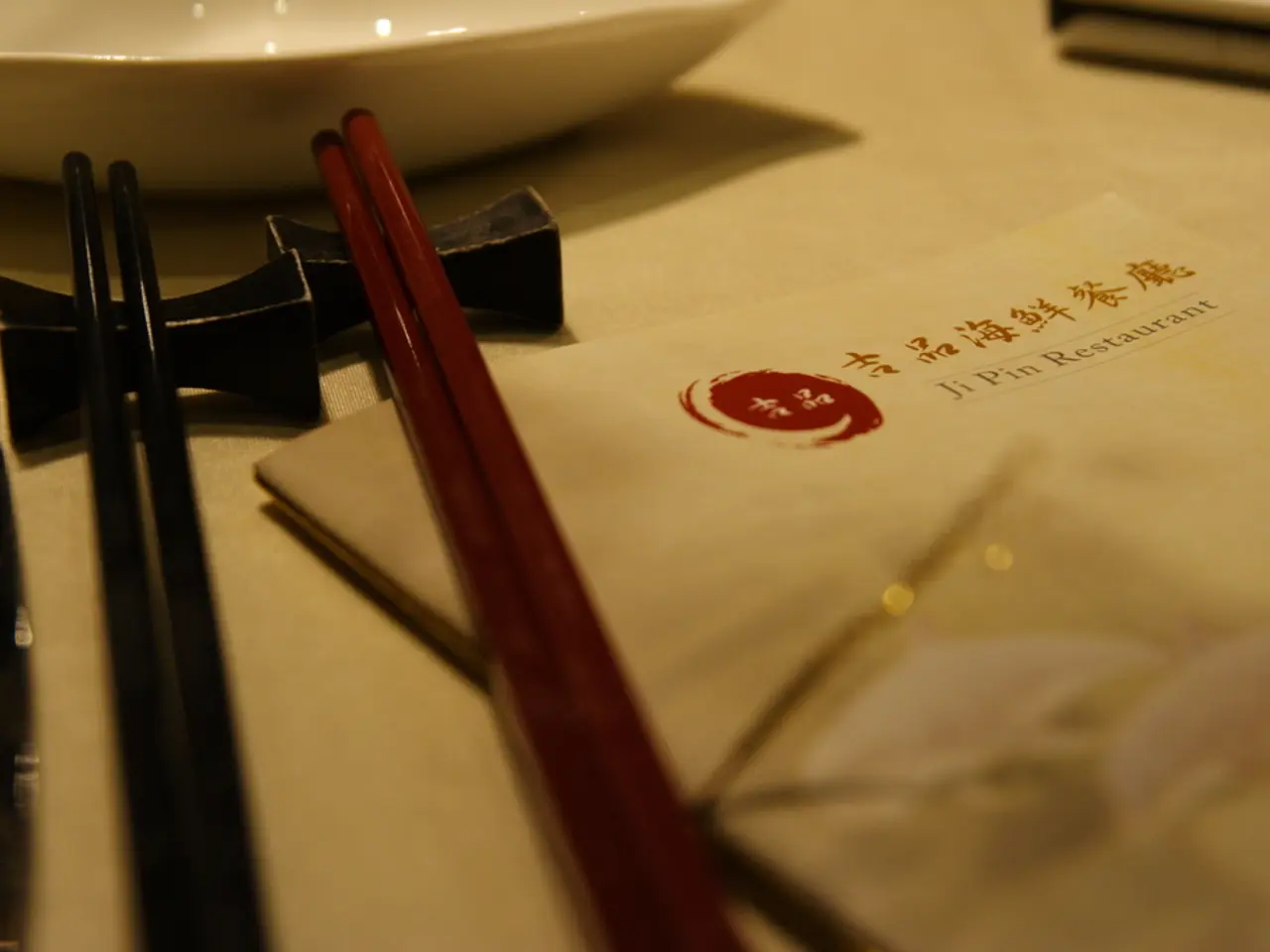Imposes widespread tariffs against multiple nations, according to Trump
The Trump administration has been actively reshaping global trade, extending the deadline for countries to reach deals with Washington to 7 August and announcing new tariffs that could have far-reaching effects.
President Donald Trump announced a 50% levy on Indian goods, effective from 27 August, unless New Delhi halts its imports of Russian oil. This move is part of a series of tariffs aimed at reducing U.S. trade deficits and protecting domestic industries. However, these tariffs have also caused slower U.S. economic growth and strained international relationships.
The tariffs, which came into effect this week, impose a baseline 10% tariff on all countries, with higher rates for those with significant trade deficits with the U.S. This includes wide-ranging tariffs on U.S. exports to countries like Chad and others, covering products such as agricultural goods and rare earth materials.
Economically, these tariffs have contributed to downward revisions of U.S. GDP growth projections, indicating that while the measures aim to protect U.S. workers and industries, they also hobble the U.S. economy in the medium term. The tariffs and retaliatory actions have strained U.S. alliances and allowed adversaries to gain influence.
Not all countries have been affected equally. Switzerland has yet to reach an agreement, with a 39% tariff imposed, causing concerns for Swiss officials about potential damage to their export-heavy economy. On the other hand, Mexico has been granted a 90-day reprieve as trade negotiations continue.
Some nations, like Canada, have seen their tariff rates increase from 25% to 35%, primarily affecting non-USMCA exports. Export-reliant economies in Southeast Asia, such as Laos and Myanmar, face tariffs as high as 40%. Taiwan faces a 20% tariff, with President Lai Ching-te stating negotiations with Washington are ongoing.
The tariffs have also extended to the technology sector, with President Trump confirming a 100% tariff on foreign-made chips, but major manufacturers with substantial U.S. investments are reportedly exempt. TSMC, SK Hynix, and Samsung are among the manufacturers exempt from the 100% tariff on foreign-made chips.
The White House has yet to respond to requests for clarification regarding the 100% tariff on foreign-made chips. Brazil faces a 50% tariff due to President Luiz Inácio Lula da Silva's alleged unfair targeting of U.S. tech companies and the condemnation of former President Jair Bolsonaro's prosecution as a "witch hunt."
The European Union agreed to a framework deal accepting a 15% tariff on EU goods. Analysts suggest that Trump may be targeting nations with strong economic ties to China. Talks between Washington and Beijing are ongoing, aiming to extend a 90-day pause on new tariffs, set to expire on 12 August.
Apple pledged a $100 billion investment in the U.S., reportedly under pressure from the White House. India condemned the 50% tariff as "unfair, unjustified and unreasonable," vowing to defend its national interests.
While the tariffs aim to reshape global trade in favor of the U.S., they have led to slower economic growth domestically and tension with allies, influencing global trade policy by increasing protectionism and reciprocity of trade barriers.
- Amidst the ongoing global trade reshaping by the Trump administration, the European Union agreed to a framework deal accepting a 15% tariff on their goods, raising concerns about the impact of protectionism on general-news and politics.
- As the tariffs on Indian goods increased to 50%, a move aimed at reducing trade deficits, crime-and-justice issues arose when the Indian government labeled the levy as "unfair" and vowed to protect its national interests.








